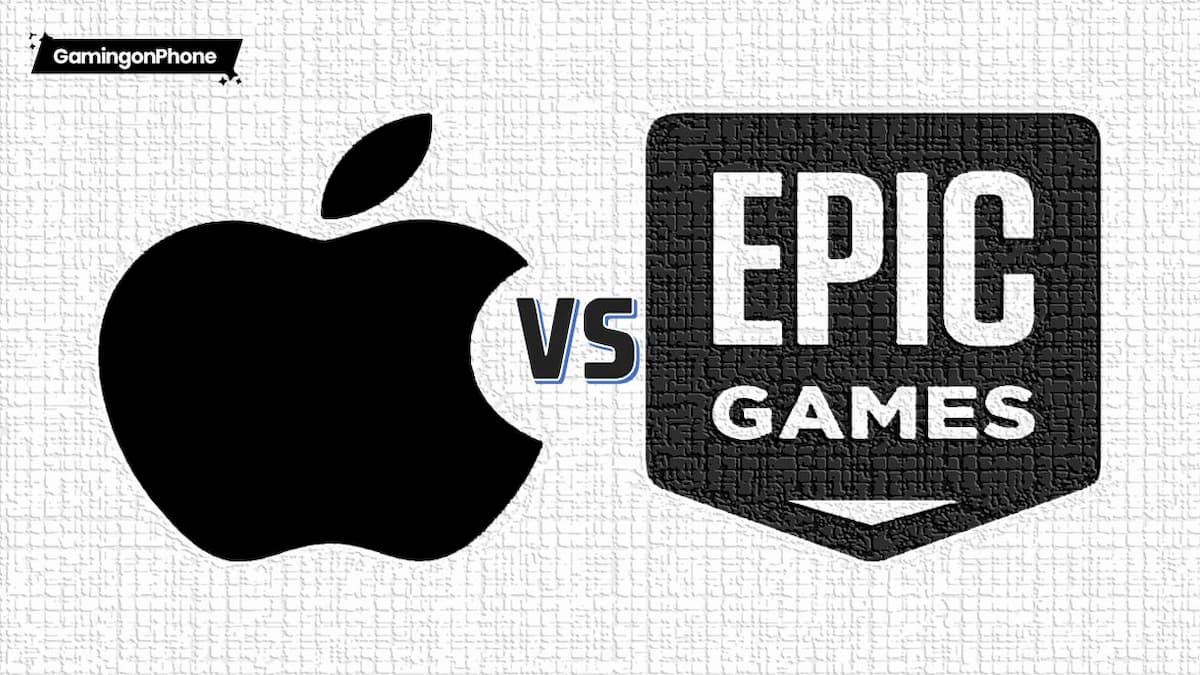
antitrust law - the Sherman Act - as well as other issues related to the lower court’s misunderstanding of the market and Apple’s monopoly power with regard to pricing, among other things. The DoJ’s filing explained it had concerns over how the lower court had too narrowly interpreted parts of U.S. Department of Justice and the State of California have been granted time to present their own arguments to help explain the proper legal framework for evaluating the antitrust claims against Apple.Īlthough the Justice Department’s arguments won’t technically support either side, it’s in the early stages of filing an antitrust suit against Apple - and the appeals court’s decision on the Epic Games case could ultimately shape its own ability to effectively prosecute Apple further down the road. While the original case was already one of the more high-profile examples of Apple’s market power being challenged through the justice system, the appeals case will bring additional scrutiny as now the U.S.
#Epic vs apple live trial#
Court of Appeal for the Ninth Circuit, in what will be an even higher-stakes trial for determining Apple’s future in the app market and its ability to set its own rules around payments and commissions. Oral arguments will kick off this afternoon at the U.S. Meanwhile, Apple didn’t want to agree to the court’s order that said it would have to permit apps that provide links to alternative payments. Epic Games was unhappy with that decision, of course, as it had wanted the court to force Apple to support third-party payments which would have allowed Fortnite to maximize its revenues. District Court judge had largely favored Apple when ruling the tech giant was not acting as a monopolist with regard to its App Store practices. The trial is only just starting, and while the squabble is over who controls how apps are distributed, and what the split should be on revenue sharing between platform owners and developers, there will be more information out there than we've seen before about how money flows through the entire industry.Apple’s antitrust battle against Fortnite maker Epic Games is returning to the courtroom after both sides appealed last year’s ruling in a potentially precedent-setting case over Apple’s alleged anti-competitive behavior. The Verge dug up filings revealing that Fortnite pulled in $9 billion in profit for Epic over 20, while CEO Tim Sweeney's testimony said it had a gross revenue of $5.1 billion in 2020. According to Epic's account, it recouped the $80 million within the first two weeks of availability, with over 1.56 million players of which over half were new to the Epic Games Store.
#Epic vs apple live plus#
For Borderlands 3, Epic paid out $146 million in advances, covering a minimum guaranteed fee of $80 million plus more for marketing, bundle deals and fees. a buyout price of $1.4 million.Īnother document Carless points out reveals the cost of making a game exclusive to Epic's store on the PC. Subnautica was the first game Epic gave away, and pulled in the most users 804,000 vs. By Epic's count, the promotion pulled in 613,912 new accounts meaning it paid $2.44 per user acquired - not a bad rate.

$1.5 million to give away the Batman Arkham Collection, with nearly 6.5 million people picking it up.

👀 /5hkLb1VEjjĪt the high end, Epic paid Warner Bros. Want to know how much $ the devs of those 'free' Epic Games Store games got, & how many copies were grabbed? Here's the first 9 months to September 2019.


 0 kommentar(er)
0 kommentar(er)
